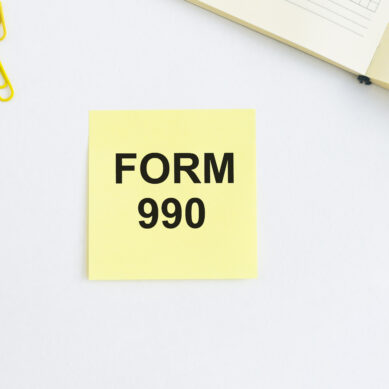So, your boss said you have to write an article for an online audience. At first, you may feel excited and important; your valuable insights will be read by everyone. After a while though, you may begin to feel dread at the thought of completing the assignment. Your writing will be out there for anyone to read and judge—even people like Aunt Sally, who always corrects your grammar and writing.
Not to worry, there are some tricks to make the experience a success and one you want to repeat. Follow these handy tips to get your thoughts out there and impress everyone, even Aunt Sally.
Write your last point first
Make a point and put it first. Once you’ve figured out the main argument or lesson to share with the reader, fill in the content below it. Commonly called an inverted pyramid, lead with the most important point and details, followed by some additional information that may help the reader to understand, and finally toss in any supplemental materials that aren’t necessary. Rewrite all your paragraphs to have a main point followed by material that supports the first sentence.
Brevity is rule #1
Be succinct when you write online and use headers to break up your writing. After you have your first draft, reorganize your article under these headers. You may find you are repeating yourself, so cut out these extra sentences. Then work on tightening up your writing and making what’s left more fun to read.
Remove verbs in the passive voice and replace them with active verbs. Take out extra words that don’t add anything to your article. Use a thesaurus or online writing editor to pick a variety of different words, especially if you find you are repeating a word.
On the other side, do not edit so much that you lose your good writing. Make sure your article does not sound stilted and that that your key points are still supported. Try these tips to make your writing shine:






























































